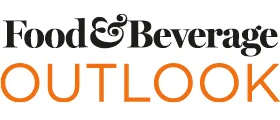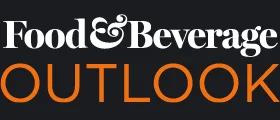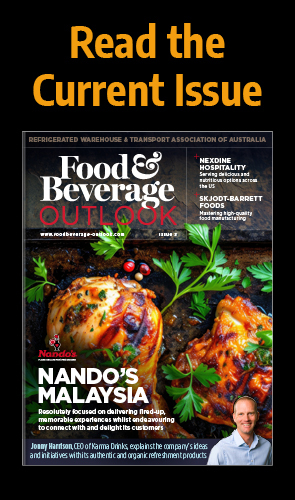We discover how Oatly expanded into the Chinese dairy alternatives market using a purpose-driven strategy to disrupt the dominance of cow’s milk and appeal to the country’s eco-conscious consumers.
PLANT-BASED PIONEERS
Currently, the food and beverage industry accounts for one-third of the world’s total greenhouse gas (GHG) emissions, with animal-based products equating to more than half.
It is for this reason that brands offering dairy alternatives are increasingly becoming peoples’ go-to in a progressively environmentally-conscious world.
First established in the early 1990s in Sweden, Oatly, the globally recognised milk brand, was born from innovation and problem-solving, as its founders accidently created a plant-based milk product when conducting research into the functions of glucose in milk.
Today, the company has grown to become a well-established brand across Europe’s supermarket shelves, as it strives to spread the benefits of plant-based products far and wide.
Oatly’s latest evolution involved an expansion into the Chinese market, establishing the brand as a key endorser of sustainability in the fashion and health industries.
Oatly’s mission when entering this new frontier was centred around a message of sustainable food production to strengthen China’s plant-based offerings.
With this in mind, the company entered the market in 2018 armed with its Three Ones strategy. Broken down, this resulted in Oatly targeting one city, Shanghai, in one market, plant-based milk, with a single product, its Oatly Oat Drink Barista Edition (Oat Drink), the latter being a relatively unknown concept at the time.
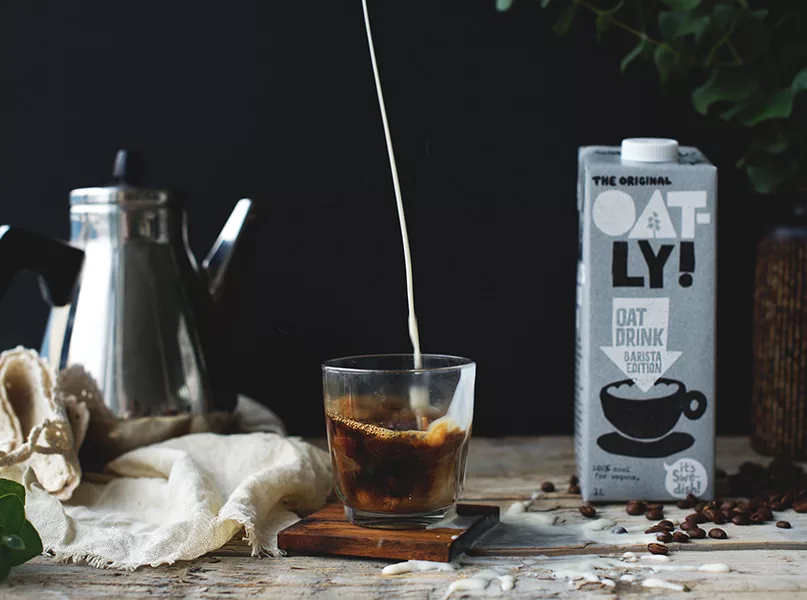
ONE CITY
Oatly’s Three Ones strategy was the product of extensive industry research and application, which was necessary given the limited range of plant-based products currently available in China.
Consequently, the product faced significant challenges upon initial entry, as oat milk was unfamiliar to a vast population of consumers.
Despite the fact that, over the years, China had achieved a large market for plant-based products, there was no distinct category for oat-based goods across the retail landscape.
The brand decided to overcome this challenge by strategically launching its Oat Drink product in 10 boutique cafes across Shanghai in order to target select consumers.
Towards the end of the 2010s, the city was home to the largest number of independent, speciality cafes across China, which welcomed the opportunity to provide plant-based milk to its eco-conscious customers. As such, Oatly introduced its products to those with a passion for coffee and seeking a dairy alternative.

ONE MARKET
Drawing on the initial consumer reception of Oatly’s Oat Drink, the company set in motion the One Market element of its Three Ones strategy, launching the beverage across China’s speciality café market and, therefore, differentiating the company from typical offerings at the time.
The One Market approach carved out a particular consumer base through purposeful promotion, in which Oatly built an image of the Nordic lifestyle. As a result, this offered a unique customer experience for oat latte lovers across China.
The promotion was launched with careful consideration and research into the cultural differences, values, and meanings of China’s consumer goods industry. Indeed, the company found that Nordic concepts such as ‘less is more’, ‘sustainable development’ and ‘lagom’ translated to ‘just right’, were compatible with China and its cultural practices.
As such, Oatly launched its Oat Drink product in China in a way that appealed to a lifestyle that aligned with the Nordic mindset of sustainability and environmental protection.
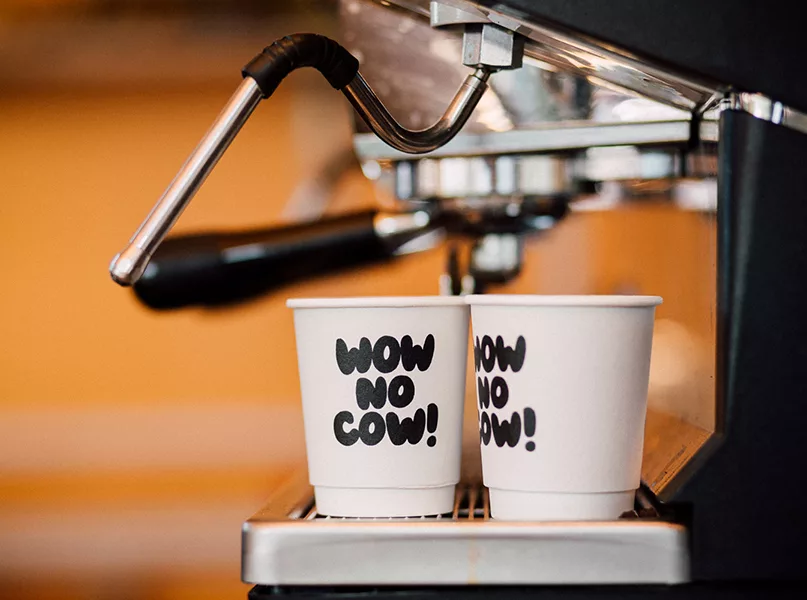
The brand further appealed to the Chinese market through a distinct design and creativity that highlighted the unique strengths and qualities of the plant-based alternative and introduced more consumers to the delicious charm of oat milk.
As such, Oatly has been a pioneer in the establishment of a plant-based food category across China and is committed to its growth and evolution for the sake of the planet. The brand has seen unprecedented success in the retail sector, demonstrated by the fact that the volume of Oatly products sold in the Chinese market between 2018 and 2023 equates to an incredible one billion cups of oat latte.
Going forward, the brand wants to continue to ensure that plant-based products in China transform from a product exclusive to a niche market to an everyday food item. This is achieved by keeping its finger on the pulse of consumers and continuing to meet their diverse needs.
Therefore, compounded with a customer base that is increasingly brand and eco-conscious, alongside growing opportunities for the business to ‘do good’ across the food and beverage industry landscape, Oatly is on track for unstoppable success.
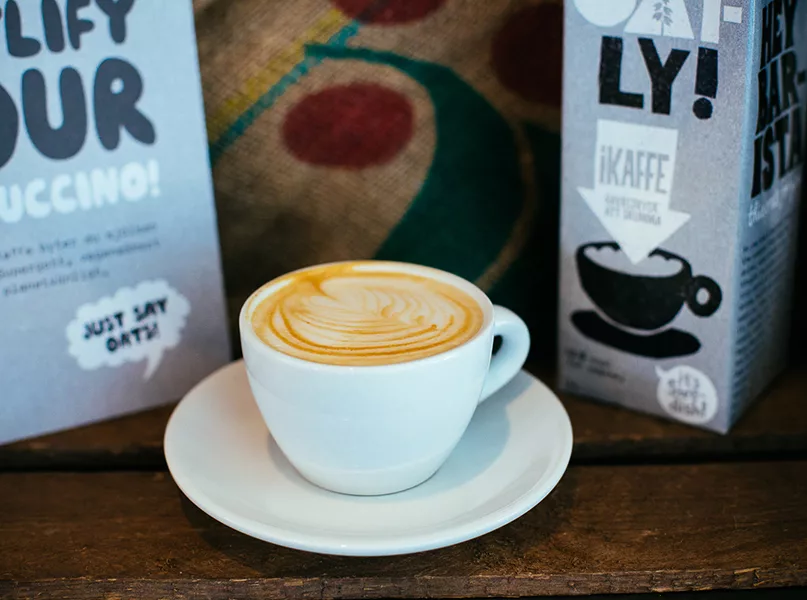
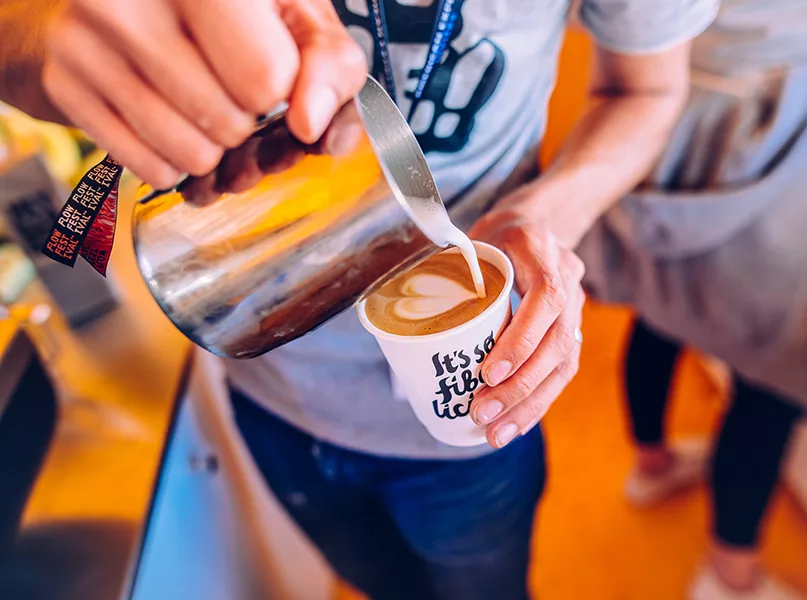
DOING GOOD BUSINESS
Oatly has a proven track record for highly ethical business practices, reflected in some of its most recent and well-known campaigns.
Namely, the Oatly Silent Barista Project was a landmark initiative introduced to young baristas with hearing impairments, materialising in vocational training and career guidance, before eventually being offered as a professional certification.
Over time, the initiative expanded from offering funding to providing systematic support for those with hearing impairments. Ultimately, the goal of the Silent Barista Project was to cultivate a healthy, self-assured, and self-efficient environment for this demographic to thrive.
Four years after the inception of the initiative, Oatly continues to foster a company culture where those with hearing impairments can seize opportunities for self-fulfilment and gain independence at work, all whilst promoting a healthy and sustainable lifestyle.
